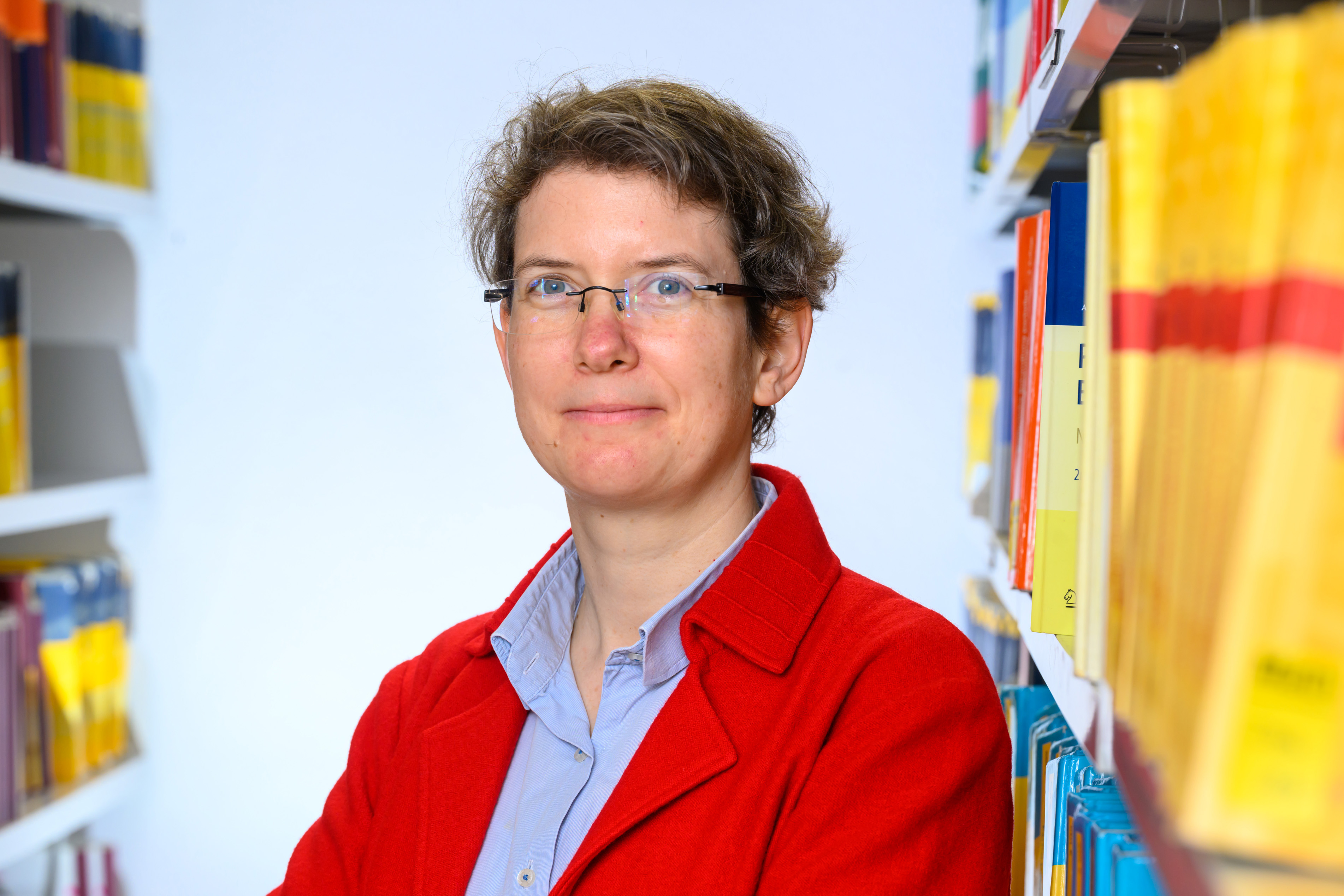Prof. Dr. Angkana Rüland – Gottfried Wilhelm Leibniz Prizewinner 2025
Applied Mathematics, University of Bonn
Angkana Rüland’s research in mathematical analysis is inspired by problems that arise in the natural sciences and lead to fascinating mathematical questions. One focus area of her work is crystalline microstructures during phase transitions in solids. In one of her pioneering studies she looked at the change from a cubic to an orthorhombic crystal lattice during a temperature-induced phase transition and classified the geometries that occur, taking into account the interfacial energies. Her research has potential relevance to the development of new materials, such as those with magnetic properties. Her second area of focus is inverse problems. These arise when the cause of an observed effect is to be inferred, for example in medical imaging. Rüland is mainly concerned with a particular class of inverse problems – the Calderón problem and its nonlocal variants. She has addressed questions of uniqueness and reconstruction, applying her creative methods to harness a new line of research for inverse problems with nonlocal operators.
Angkana Rüland studied mathematics in Bonn and Leipzig, obtaining her doctorate at the University of Bonn in 2014. She then spent three years as a junior research fellow at the University of Oxford, UK, and from 2017 to 2020 as a group leader at the Max Planck Institute for Mathematics in the Sciences in Leipzig. In 2020, she accepted a professorship in Heidelberg before returning to Bonn in 2023, where she now holds a professorship at the Hausdorff Center for Mathematics cluster of excellence. She received the Calderón Prize for Inverse Problems from the Inverse Problems International Association in 2023 and the Breakthrough Foundation’s New Horizons in Mathematics Prize in 2024. Rüland is actively involved in the promotion of early-career talent and in science communication.
GEPRIS
In our information system GEPRI(externer Link) you will find an overview of current and completed projects of Professor Dr. Angkana Rüland.
